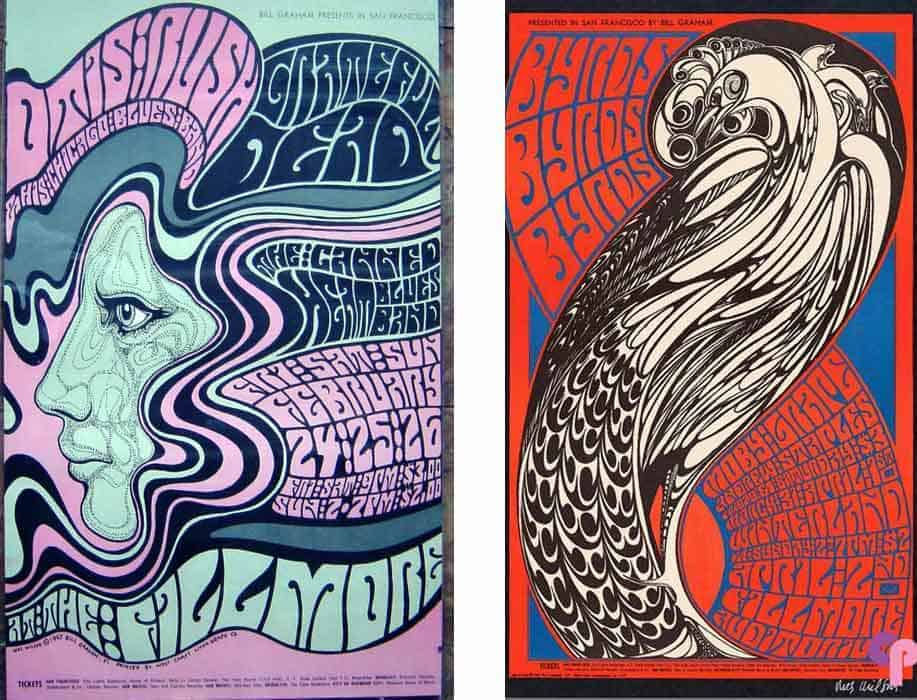Medicalization, Legalization, or Decriminalization?
- AH
- Apr 9, 2021
- 2 min read
Updated: Apr 11, 2021
Gems of my literature review

Psychedelics are establishing themselves as a promising tool for medical use, and a favored recreational drug. Psychedelics such as psilocybin, LSD, and ayahuasca can play a role in therapy by enhancing spirituality, treating addiction, reducing symptoms from depression, lessening anxiety, and treating PTSD. Yet, the question that arises is how viable are they as medicine in the current political and economic climate of the West? A research paper written by Noorani (2019) examined the medicalization of psychedelics. Dr. Noorani argued that the psychedelic community may not be ready for this transition when it is analyzed in the context of a wider political, economic, and cultural landscape. This is because they believe that efforts to medicalize psychedelics may disregard or even hinder decriminalization and legalization efforts since large capital and corporate backed efforts are heavily influential in medicalization, impacting the public's perception of psychedelics. In their point of view, decriminalizing, legalizing, and minimizing the harms and risks of using psychedelics is the best practice because it ensures that we can still ask larger questions to our society, questions with medicalization often obscures, such as the increasing prevalence of mental illness in our societies and the economic & social forces that paint psychedelics as the new solution for depression. Noorani ends by stating that decriminalization or legalization over medicalization can help us aim to ensure other facets of society meet people’s needs, such as affordable housing, stable employment, meaningful social connection, instead of companies capitalizing off of psychedelics.
In terms of moving forward with psychedelic science, the paper by George et al. (2019) describes the unequal access in the field. The paper stated that despite the advancements in science, there are social forces that make people of color less likely to reap the benefits of psychedelic science, such as the criminal justice system, low recruitment of people of color in psychedelic and scientific research, history’s long-standing record of a corrupt medical system against people of color at the hands of racist and unethical researchers, and the neglect of race-based trauma which beckons psychedelic science even more. Overall, the paper showed how the psychedelic medicine movement exemplifies the existing inequities and barriers to mental health care treatment, and urges us to diversify the psychedelic movement. Speaking to the path ahead, the authors propose that the movement is a unique opportunity to resist replicating oppressive power structures, and improve the lives of the marginalized. This, in turn, will set an example for the rest of the scientific and medical community.
Noorani, Tehseen. (2019). Making psychedelics into medicines: the politics and paradoxes of medicalization.” Journal of Psychedelic Studies, 4(1), 34–39.
George, Jamilah R., et al. (2019). The psychedelic renaissance and the limitations of a white-dominant medical framework: a call for indigenous and ethnic minority inclusion. Journal of Psychedelic Studies, 4(1), 4–15.




Comments